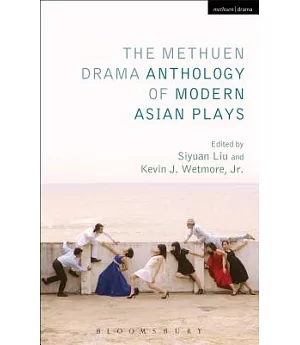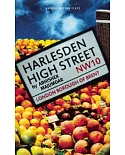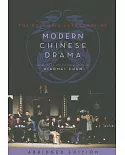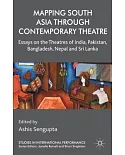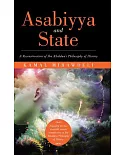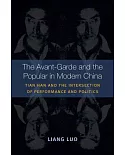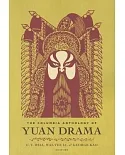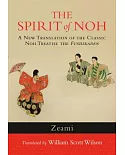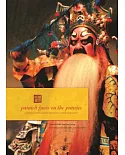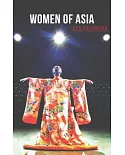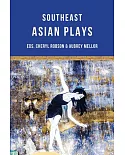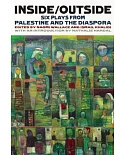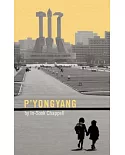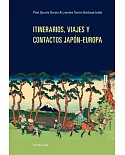This companion volume to Modern Asian Theater and Performance 1900-2000 contains nine scripts from Japan, China, Korea, Indian, Indonesia and Vietnam written between 1912 and 2009. The earliest
play in the collection, "The Post Office," by Rabindranath Tagore, is an allegory about a bedridden boy’s desire for spiritual freedom. Tagore was from Bengal, the site of the first British
colony in India and its earliest modern theater. By contrast, some of these plays directly address political and ideological issues. "The Struggle of the Naga Tribe" (1975) portrays the fight
of an indigenous people in postcolonial Indonesia against a corrupt government under the influence of multinational companies and international powers. The Korean play "Bicycle" deals with the
burning of 127 anti-communists in a South Korean village by retreating North Korean soldiers in 1950. The chronology of the plays selected roughly traces modern Asian theater’s complicated
relations with Western theatre on the one hand and indigenous performance on the other. "Father Returns" (1917, Japan) and "Sunrise" (1936, China) are examples of realistic drama. The plays
from the 1970s and 1980s all incorporate indigenous cultural or theatrical elements; these include "Hayavadana" (1971, India), "The Struggle of the Naga Tribe," "Bicycle," and "Tru’o’ng Ba’s
Soul in the Butcher’s Skin." In the past two decades, this indigenous aspect has merged with contemporary theatrical globalization, represented here by "I Love XXX" (1996, China), and "Hot
Pepper, Air Conditioner and the Farewell Speech." (2009, Japan). Annotation ©2014 Ringgold, Inc., Portland, OR (protoview.com)

